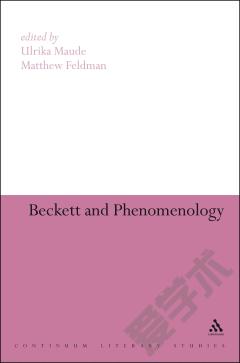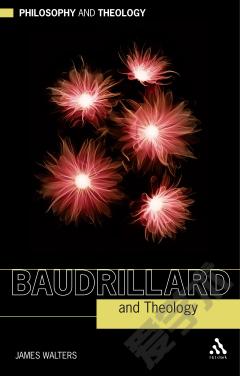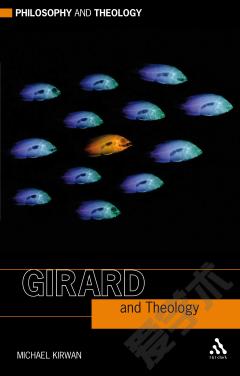Beckett and Phenomenology
Existentialism and poststructuralism have provided the two main theoretical approaches to Samuel Beckett's work. These influential philosophical movements, however, owe a great debt to the phenomenological tradition. This volume, with contributions by major international scholars, examines the phenomenal in Beckett's literary worlds, comparing and contrasting his writing with key figures including Edmund Husserl, Martin Heidegger, Jean-Paul Sartre and Maurice Merleau-Ponty. It advances an analysis of hitherto unexplored phenomenological themes, such as nausea, immaturity and sleep, in Beckett's work. Through an exploration of specific thinkers and Beckett's own artistic method, it offers the first sustained and comprehensive account of Beckettian phenomenology.
{{comment.content}}








 京公网安备 11010802027623号
京公网安备 11010802027623号